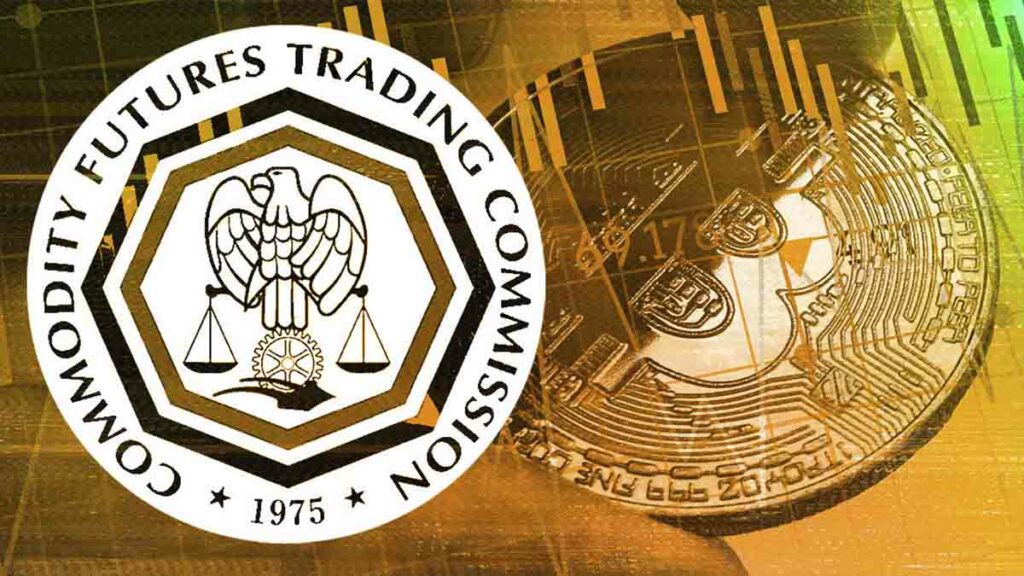The recent report published by the Commodity Futures Trading Commission (CFTC) regarding the Decentralized Finance (DeFi) landscape has triggered critical analysis on the proposed regulatory implications and understanding of this emerging financial ecosystem.
The CFTC, in its report, emphasizes the need to understand the inherent benefits and risks, highlighting the dependence of these aspects on the design and specific characteristics of DeFi systems.
However, its focus on identifying a lack of clarity in responsibilities and accountability appears to be a limited view that underestimates the true nature and potentiality of the environment.
The lack of clear limits and centralization in DeFi systems has been cited as a primary concern for the CFTC, pointing out potential risks to investors, consumers, and market integrity.
This approach seems to ignore the possibilities of innovation, flexibility and access they offer, overemphasizing the inherent risks without giving equal weight to their benefits.

It is crucial to note that DeFi does not operate in a complete regulatory vacuum, as some of its aspects are subject to existing regulations, although perhaps in a less conventional way.
The CFTC, along with other regulatory institutions, attempts to address this lack of regulatory clarity, suggesting a thorough evaluation and the formulation of specific guidelines.
CFTC Proposal for Tighter Regulatory Limits Could Have Adverse Consequences
Regulatory rigidity can stifle innovation and limit access to the inclusive financial opportunities that DeFi offers.
Furthermore, overly restrictive regulation can hinder the progress and natural evolution of the ecosystem, inhibiting its ability to quickly adapt to changing market demands.
It is essential to recognize that DeFi, despite its inherent risks, has been a driver of financial opportunities for a broader audience, democratizing access to financial services.
Imposing excessively rigid regulations without deep understanding and dialogue with the actors in the DeFi ecosystem could be counterproductive and detrimental to its future growth and development.
While the CFTC seeks to protect investors and ensure market stability, its approach to DeFi appears to lack the openness necessary to appreciate and encourage true financial innovation.
Regulations must be cautious and flexible, allowing for organic growth and balancing investor protection with the promotion of financial innovation.










